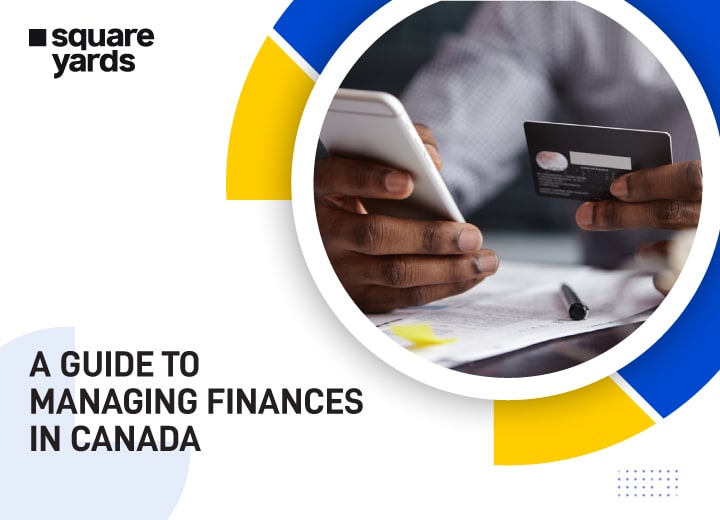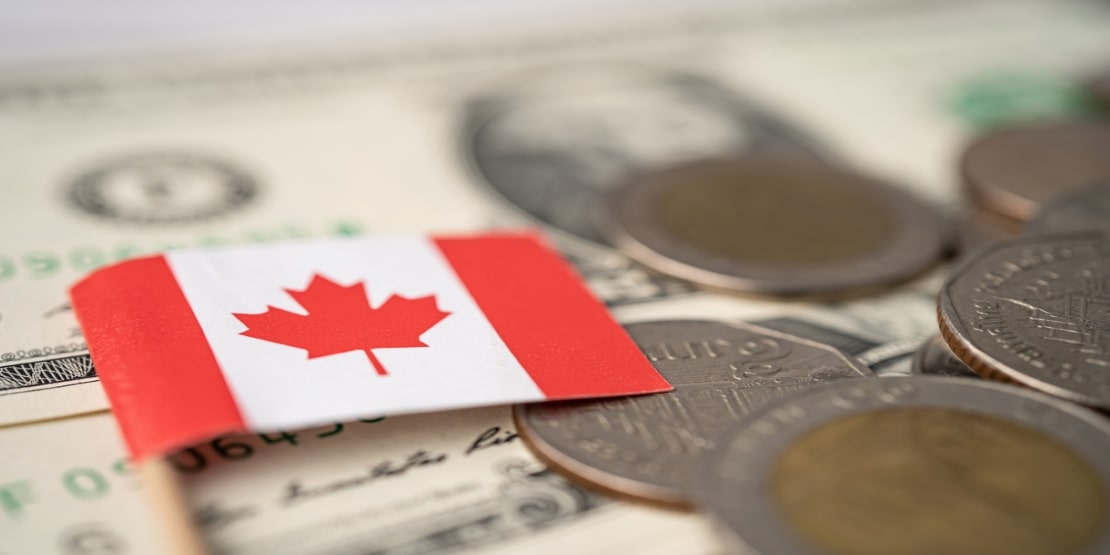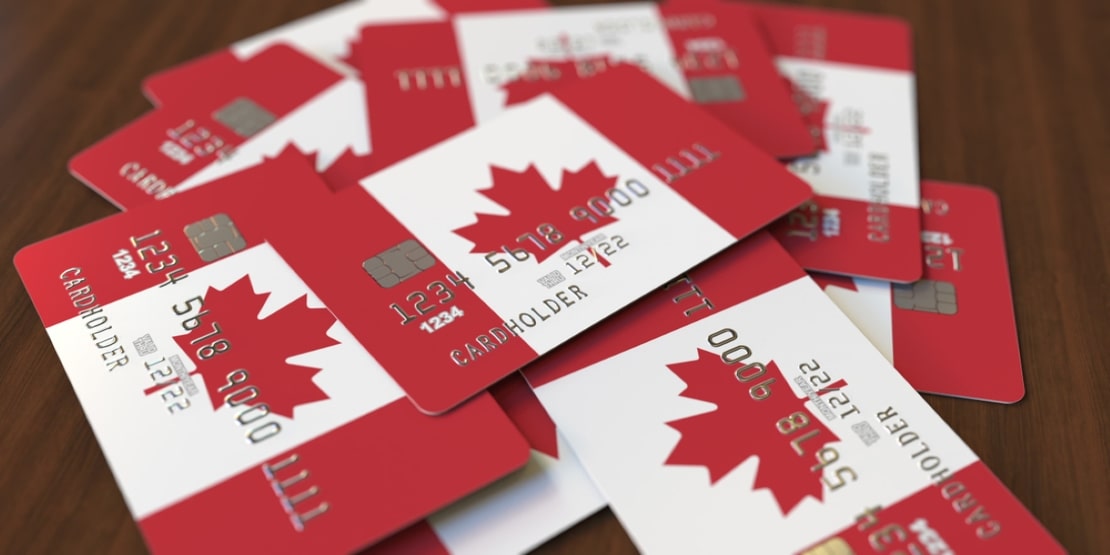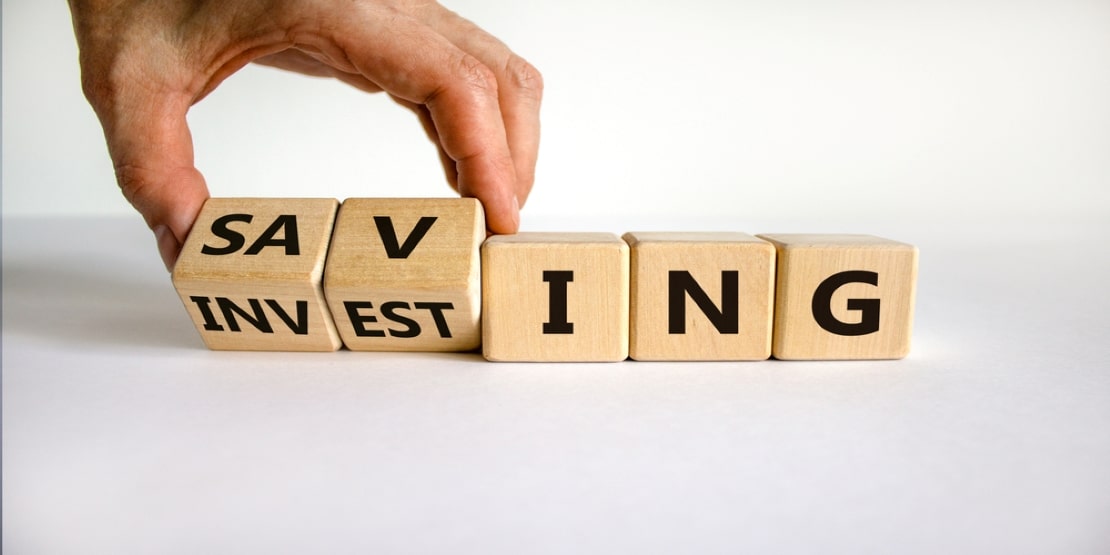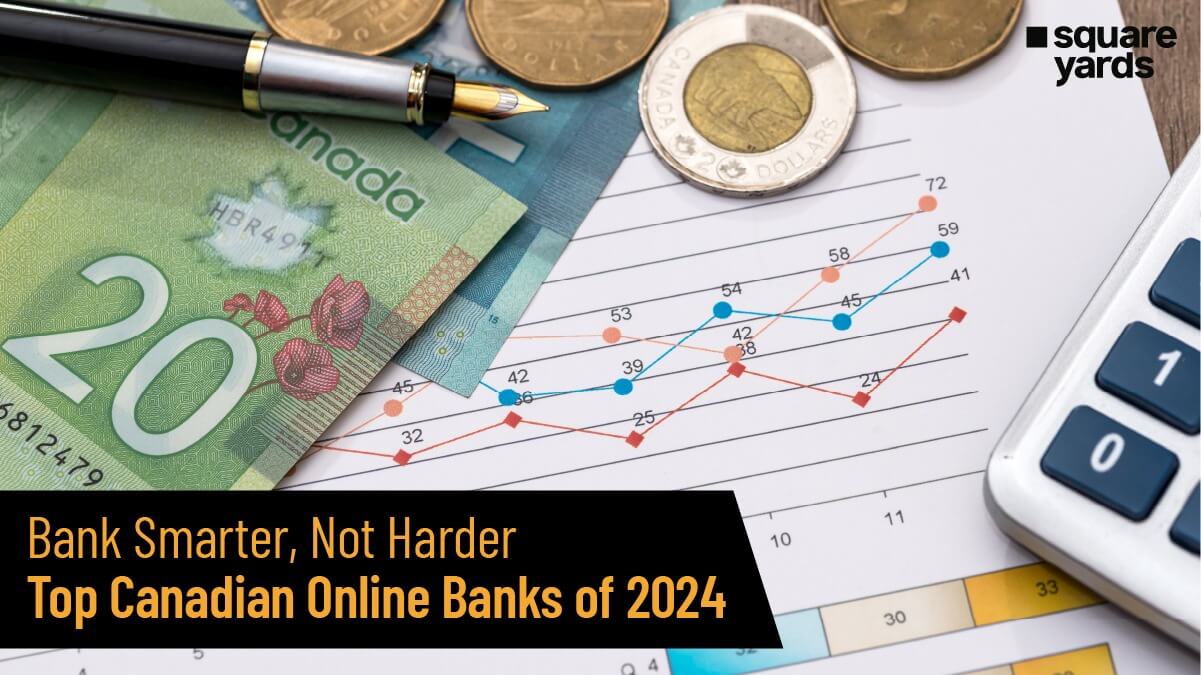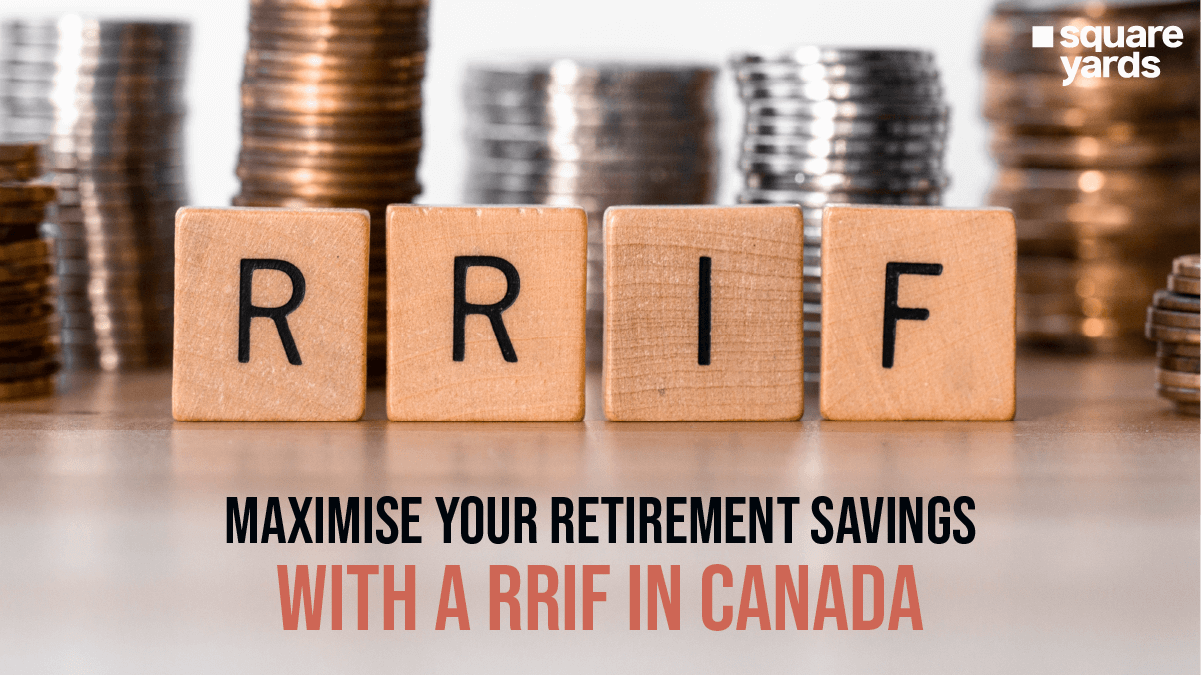Possessing knowledge of financial banking in Canada can help residents retain their financial agility. Every year, this country greets several immigrants who wish to start a new life in the country. Thus, their primary goal is to retain financial stability and security for their family. Therefore, to take full advantage of economic opportunities, you need to comprehend Canada’s basics of online financial banking. It is imperative for new immigrants to understand this system because they might come from a country with a different banking system than Canada.
Keep reading to learn more about banking and finance to make wise monetary decisions, from availing credit to purchasing your very own property in the Great White North.
Basics of Financial Banking In Canada
Just like you undertake all research and planning before moving to Canada, it is equally essential to build a solid financial foundation and create a plan of how you’ll balance your funds. That is the case because when you comprehend the norms, you can easily avail yourself of all the advantages of the financial services or products. Understanding the basics of banking will help you manage all required fees or even prevent fine charges in certain situations.
Here are some of the best financial tips to help you achieve your monetary goals:
- Different chequing, savings and combined bank account options
- Monthly charges from the bank
- Choices on credit cards
- Bank schemes and products to help you.
- Different mortgage options to help you buy your first home in Canada
People in Canada rely on their banks to get their paychecks, protect their money and pay bills. You can manage your money wisely with an appropriate bank account while saving a particular sum and earning interest.
Types of Bank Accounts In Canada
To manage all banking or finance-related steps, you must know the types of accounts in the country.
Canada has two types of accounts:
- Chequing Accounts
- Savings Accounts
Both these accounts offer various options, and each comes along with different fees and benefits. Therefore, it is essential to discuss this information with your banking advisor before you open your new account. These advisors could help you decide the account type that suits your financial needs best. Understanding your account requirements is essential as specific accounts include different fee charges and advantages.
Never forget to check,
- Monthly checking account feeds
- Check the foreign transaction fees
- ABM (Automatic Bank Transaction) charges
A bank advisor can help you select the right account type to prevent these fee charges and save you money. Some people like to open accounts in multiple banks in order to avail different offers. Although you can open an account with various banks at a time, do not forget that the monthly bank charges can quickly add up. So, keep this in mind if you want to open more than one bank account in Canada.
An interesting fact is that Canada allows newcomers to open an account before arriving in the country. Scotiabank is among those few banks you can open a bank account through an online financial banking method while still in your native country. Furthermore, it also allows you to submit proof of settlement funds before your arrival.
Savings and Investment in Canada
It is always beneficial to get financial tips from an expert in the field. It is essential to save for your retirement, but the experts could help you save for even earlier retirement. Financial experts agree that it is best to start saving for your retirement during your 20s or early 30s. The earlier you start, the less financial burden you’ll feel because, with time, your savings will turn into investments and will eventually grow your wealth.
But for some reason, even if you start saving later, start saving as soon as you get to Canada. Quality of life is relatively expensive here, but by maintaining a normal amount in savings, your financial future in the country can be secured.
Keeping a portion of your income aside under savings is easier when using a savings account. Also, you can try saving your money with the different forms of investments listed below.
- RRSP (Registered Retirement Savings Plan).
- RESP (Registered Education Savings Plan)
- TFSA (Tax-free Savings Account)
Bank registered saving plans like RESPs, and RRSPs permit you to invest for your future via tax-sheltered saving plans. And a TFSA helps you build your savings via a tax-free route where you can even withdraw the amount without paying any tax.
If you plan to settle in Canada with your children, it is good to initiate early savings for their higher education. University education is quite expensive, and many Canadian families save for years to cover their kids’ education costs. This will eventually turn into significant savings if you hold a little every month. Over time, this interest compounds and builds a secured fund to cover all educational expenses.
Savings and Investing in Canada will allow you to:
- Fund an emergency (saving for up to three to six months as a backup)
- Savings for retirement
- Savings for your child’s education
- You can take advantage of tax shelters to invest in your future
- Savings to buy your first home in the country
Many of these products and services can be confusing for newcomers, so it is vital to understand the benefits. Therefore, online financial banking in Canada helps individuals start saving as soon as they arrive in the country. Thus, your decision depends on your banking knowledge, so it is important to learn about the various forms of investments available to you. For instance, an individual can invest in different emergency funds, retirement policies and real estate. Investing in property can sometimes double your returns and is one of the best sources for securing your future monetary gains.
How to Manage Your Expense in Canada?
When you arrive in the country, finding a job and earning a stable income may take some time. For this reason, how you manage your finances in the initial few months may be critical. Also, you might need to utilize the funds you saved during the immigration process. Thus, it is crucial to minimize your expenses and spend wisely.
For this purpose, if you create and stick to a budget plan, it can help reduce financial pressure. You can plan and manage your expenses using a budget planner. Simultaneously, it is vital to maintain a healthy credit score. You can avail the services of an expert and learn how to use credit wisely.
In Conclusion
Canada is an ever-evolving country where living is quite expensive compared to other countries. Thus, financial stability is essential to keep your life on track, which you can do simply by learning a bit about the finance structure and banking in Canada. An investment or banking advisor can guide you to manage your funds and secure a profitable future. Once you have all the relevant information, channelize it towards securing a bright future.
You May Also Read
| Open a Student Bank Account in Canada | Private Money Lenders in Canada |
| Financial Investment in Canada | Chequing Accounts in Canada |
| Credit Score for House Renting | Credit Score for a Mortgage |
Frequently Asked Questions
Finding an official banking job in Canada is not that difficult if you are well prepared and aware of all the available opportunities. The field of banking offers challenging opportunities for people interested in working in a variety of openings in the financial sector.
First of all, create your monthly budget, then note your expenses. Based on that number, you can start investing. Make sure you diversify your investment portfolio to prevent losses. You can also open a no-fee chequing account or set up an automated savings plan. You can also save a certain percentage of your income for a retirement plan.
The 50/30/20 rule is relatively easy in that it simply asks you to divide your earnings into three parts, with 50% going to your needs, 30% going to wants, and 20% going to savings or investments.
You can double your money through different trading options, like buying a property or investing in individual stocks.
Regardless of how much you earn, you must always set aside a portion of your earnings for savings or investment. Most Canadians make $198 per month or approximately 5% of their monthly income. Is it easy to get a banking job in Canada?
How can I manage my finances in Canada?
What is the 50/30/20 budget rule?
How can I double my income?
How much should we save per month in Canada?

